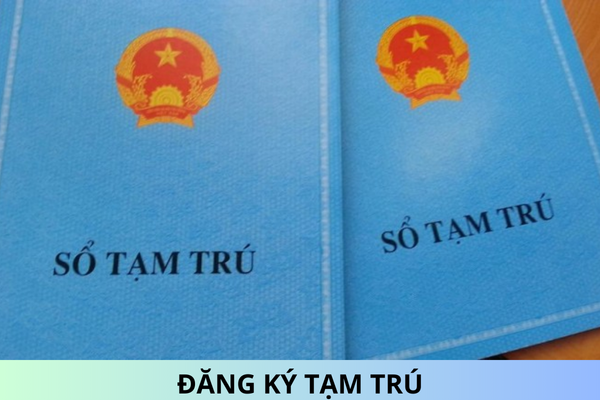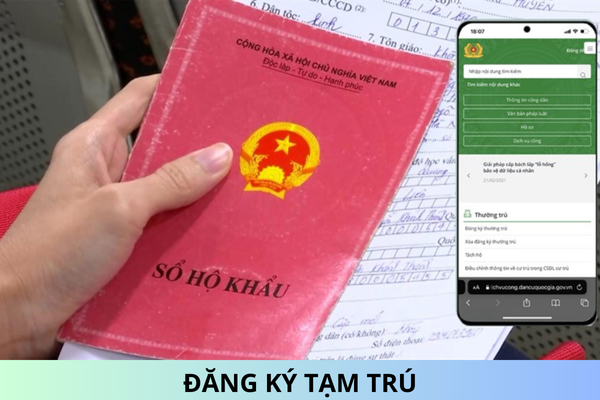Can Parents Make a Will Without Leaving Property to Their Children? What Does the Content of the Will Include?
Can Parents Make a Will That Does Not Leave Any Assets to Their Children?
Based on Clause 1, Article 630 of the Civil Code 2015, regulations regarding a legal will are as follows:
- A legal will must meet the following conditions:
a) The person making the will must be of sound mind and clear-headed while making the will; not being deceived, threatened, or coerced;
b) The contents of the will must not violate the prohibitions of law, must not go against social morals; the form of the will must comply with legal regulations.
In addition, Article 644 of the Civil Code 2015 stipulates regarding heirs who are not dependent on the contents of the will as follows:
- The following individuals still receive a portion of the estate equivalent to two-thirds of the share of one legal heir if the estate is distributed according to the law, in the case that the individual making the will does not give them the estate or only gives them less than two-thirds of that share:
a) Minor children, parents, spouse;
b) Adult children who are incapable of working.
- The provision in Clause 1 of this Article does not apply to persons who refuse to receive the estate as regulated in Article 620 or those who are not entitled to the estate as stipulated in Clause 1, Article 621 of this Code.
Thus, according to existing regulations, parents can still make a will that does not leave any assets to their children. However, in cases where the children are still minors or are adults who are incapable of working, they will still receive two-thirds of the share of one legal heir.
What Does the Content of a Will Include?
According to Article 631 of the Civil Code 2015, regulations regarding the contents of a will are as follows:
- A will includes the following main contents:
a) The date, month, and year the will is made;
b) The full name and residence of the person making the will;
c) The full name of individuals, agencies, or organizations that are entitled to the estate;
d) The estate left behind and its location.
In addition to the content stipulated in Clause 1 of this Article, a will may contain other contents.
A will must not be written in abbreviations or symbols. If the will consists of multiple pages, each page must be numbered and signed or thumb-printed by the person making the will.
In the case where the will contains erasures or corrections, the person writing the will or the witnesses must sign beside the erasures or corrections.
Sincerely!










